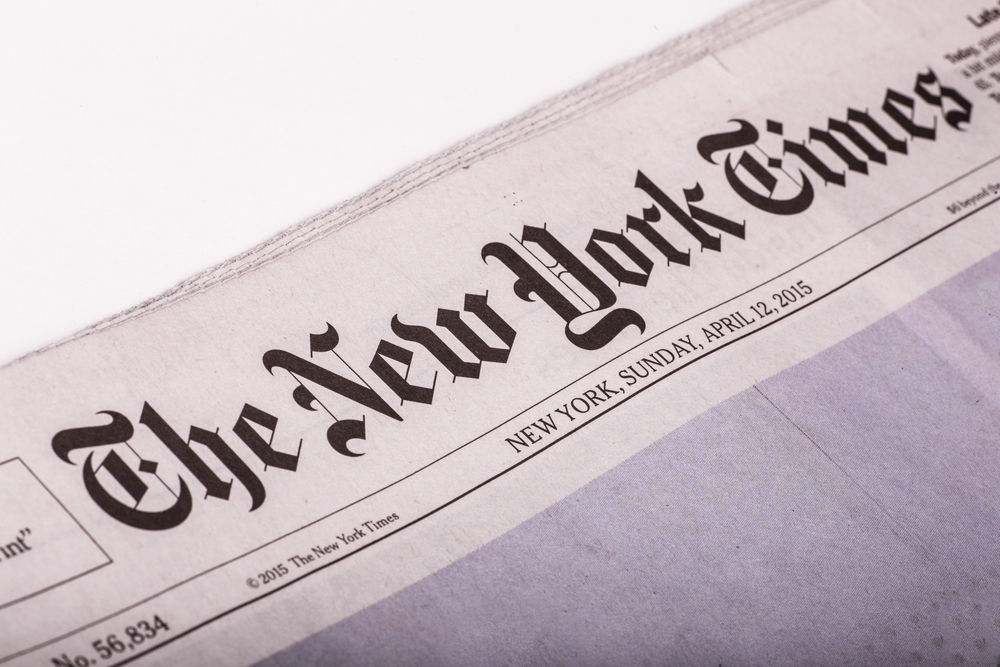The New York Times recently initiated legal action against OpenAI and Microsoft, alleging copyright infringement in the unauthorized use of its materials to train artificial intelligence models, including ChatGPT. This lawsuit, filed in Manhattan Federal District Court, marks the first instance of a major American news publication suing AI developers over alleged copyright violations related to their content.

Claims and Demands in the Lawsuit
The lawsuit, lacking an exact specified amount of damages, asserts that the defendants should be held accountable for “billions of dollars in statutory and factual damages.” The plaintiff demands the destruction of chatbot models and training data that utilize copyrighted materials from the New York Times.
The Conflict and Attempts at Resolution
Prior to legal action, the New York Times attempted an out-of-court resolution in April. It reached out to Microsoft and OpenAI, expressing concerns about intellectual property usage and offering commercial and technological means to safeguard its rights, including limitations on generative AI. However, these negotiations failed to yield results.
Impact on Web Traffic and Reputational Damage
The newspaper highlighted the potential impact on its web traffic and revenues, suggesting that users receiving information via chatbots might forego visiting the publication’s website. The lawsuit provides examples where chatbots delivered verbatim excerpts from paid subscription-based articles without linking back to the original content.
Instances of Inaccurate Information
Furthermore, the New York Times pointed out instances where AI-generated responses provided inaccurate information attributed to the publication, notes NIX Solutions. For instance, Microsoft Bing Chat offered a list of “15 Heart Healthiest Foods,” 12 of which were absent from the related newspaper publication, causing reputational harm due to AI “hallucinations” providing unreliable data.
Despite embracing AI technology and employing an editorial director for AI initiatives, the New York Times’ lawsuit underscores concerns about the unauthorized use of its copyrighted materials by AI developers, leading to potential revenue loss and reputational damage. There has been no comment from OpenAI or Microsoft regarding the lawsuit.
